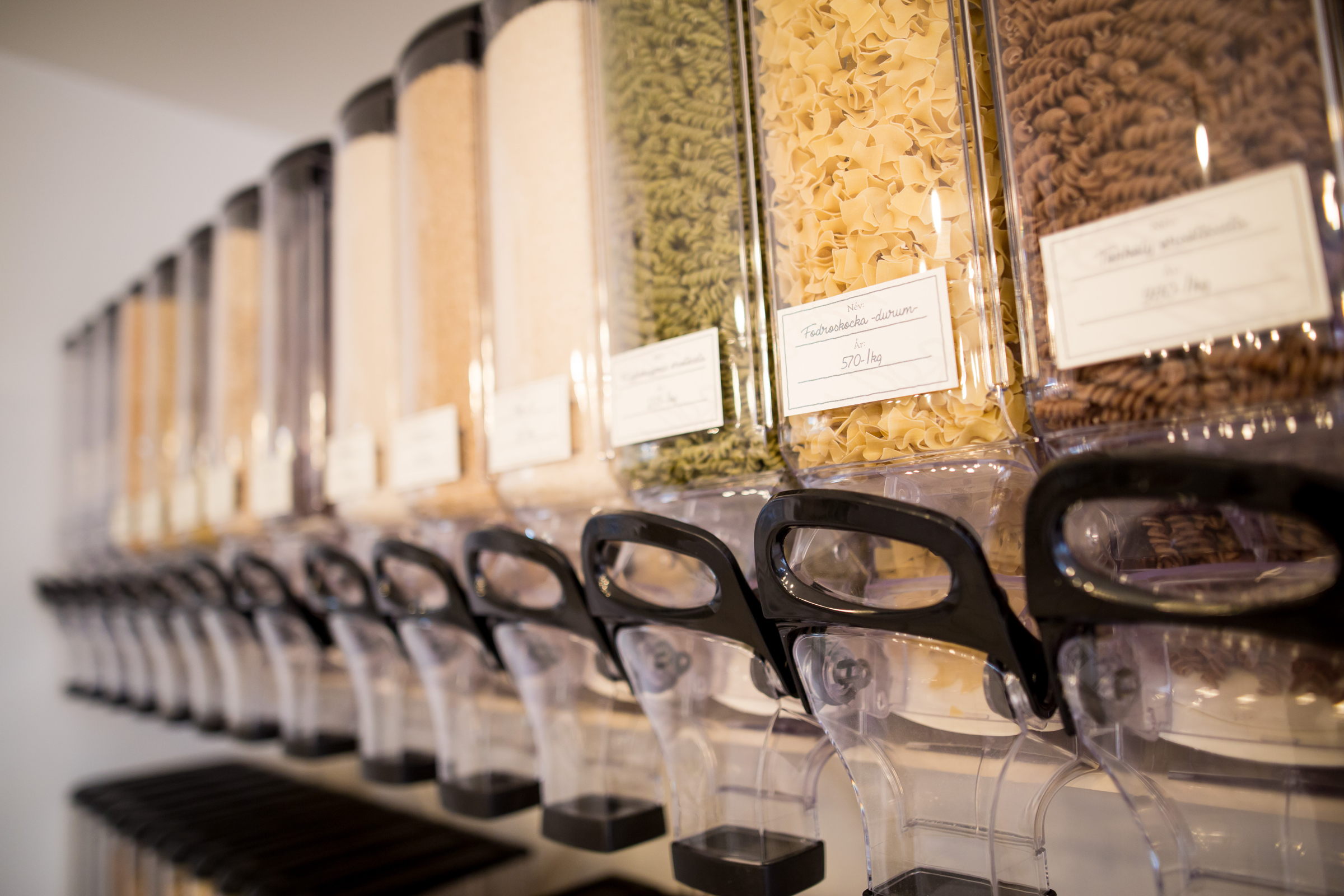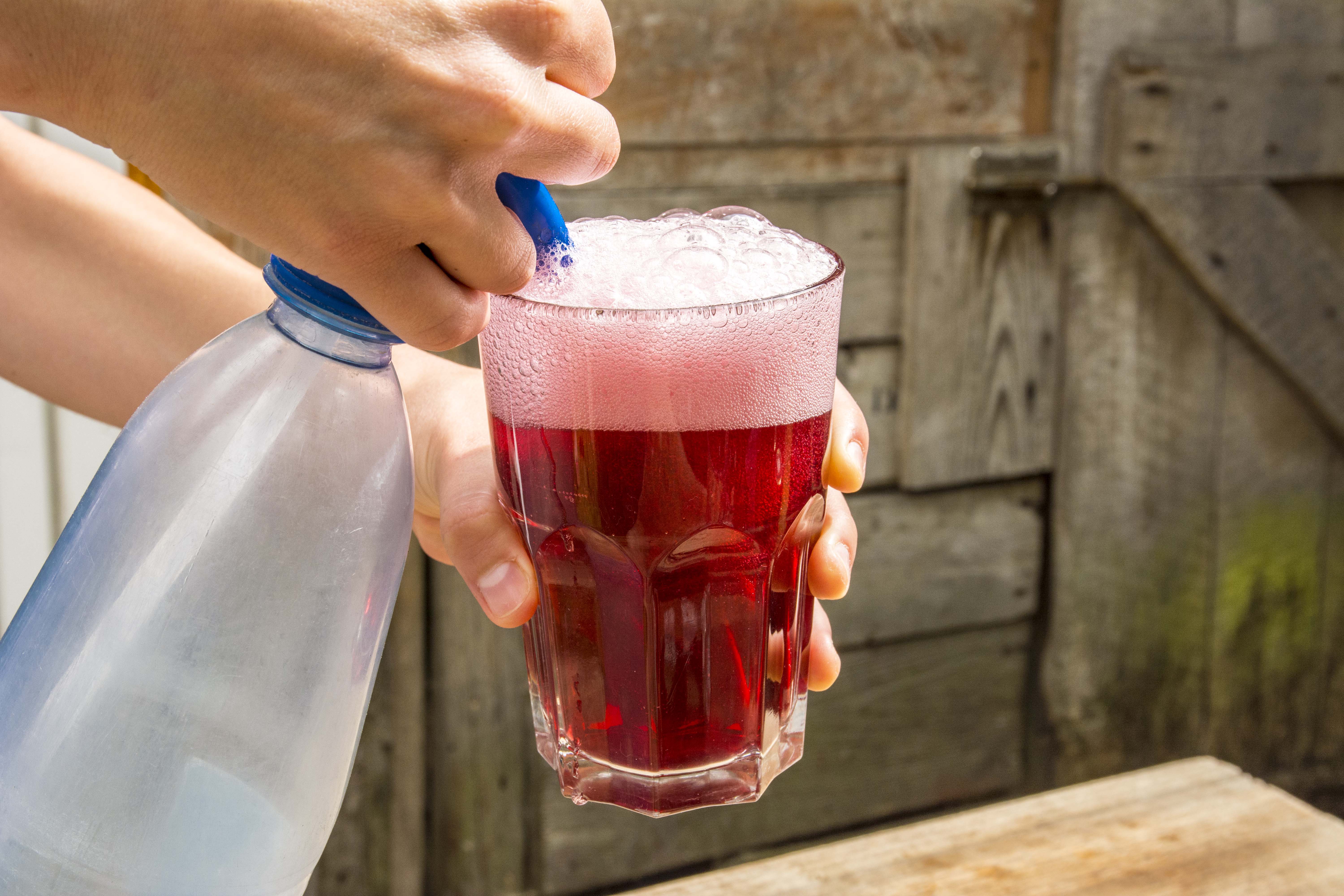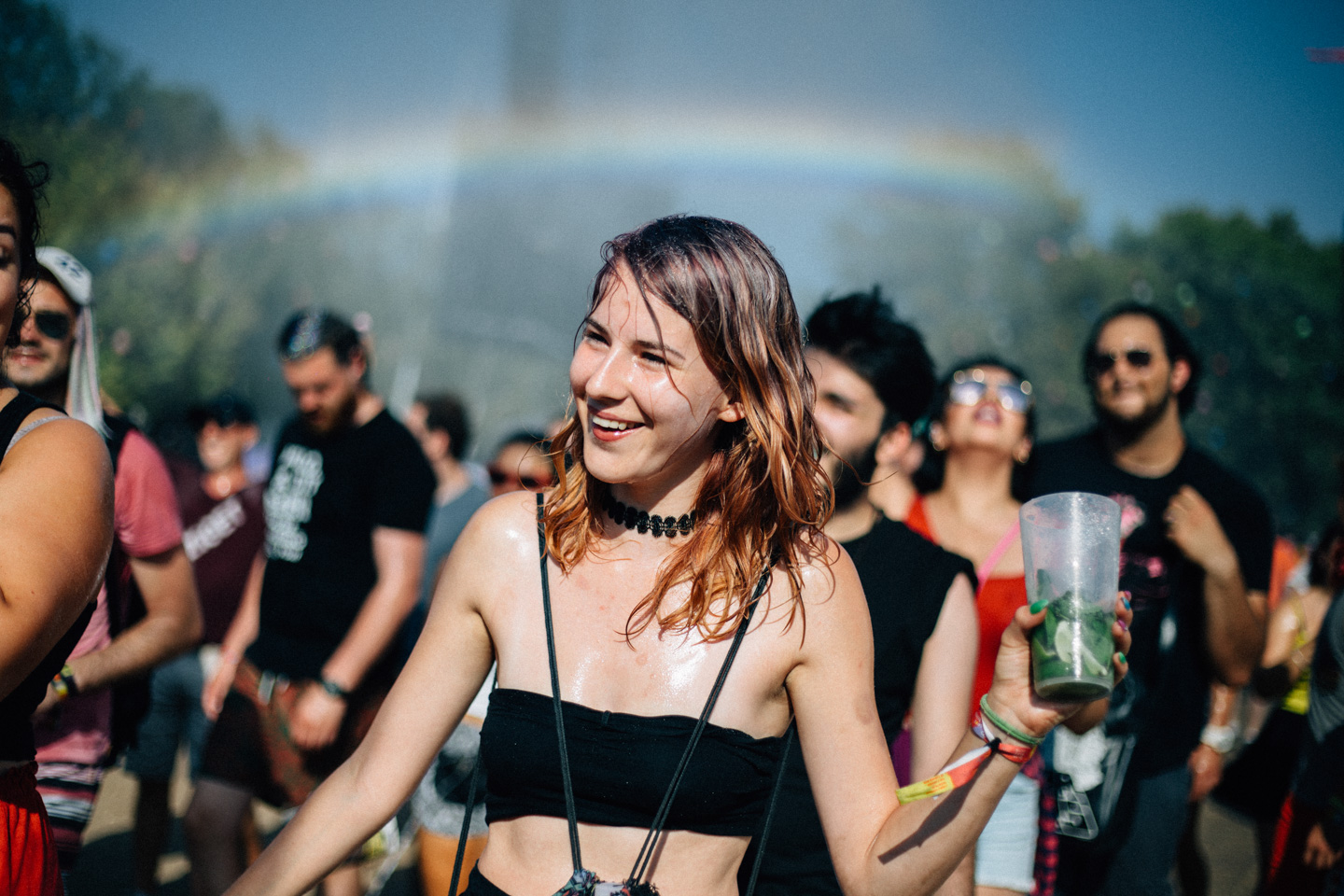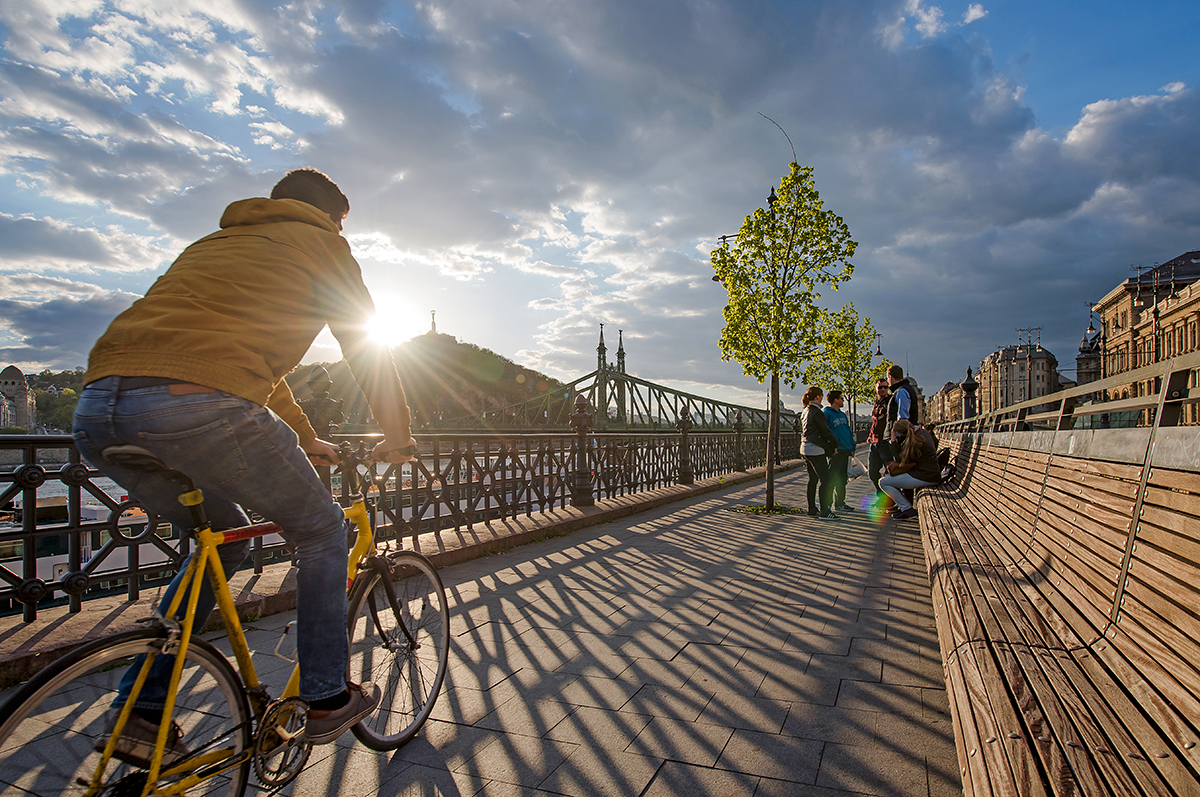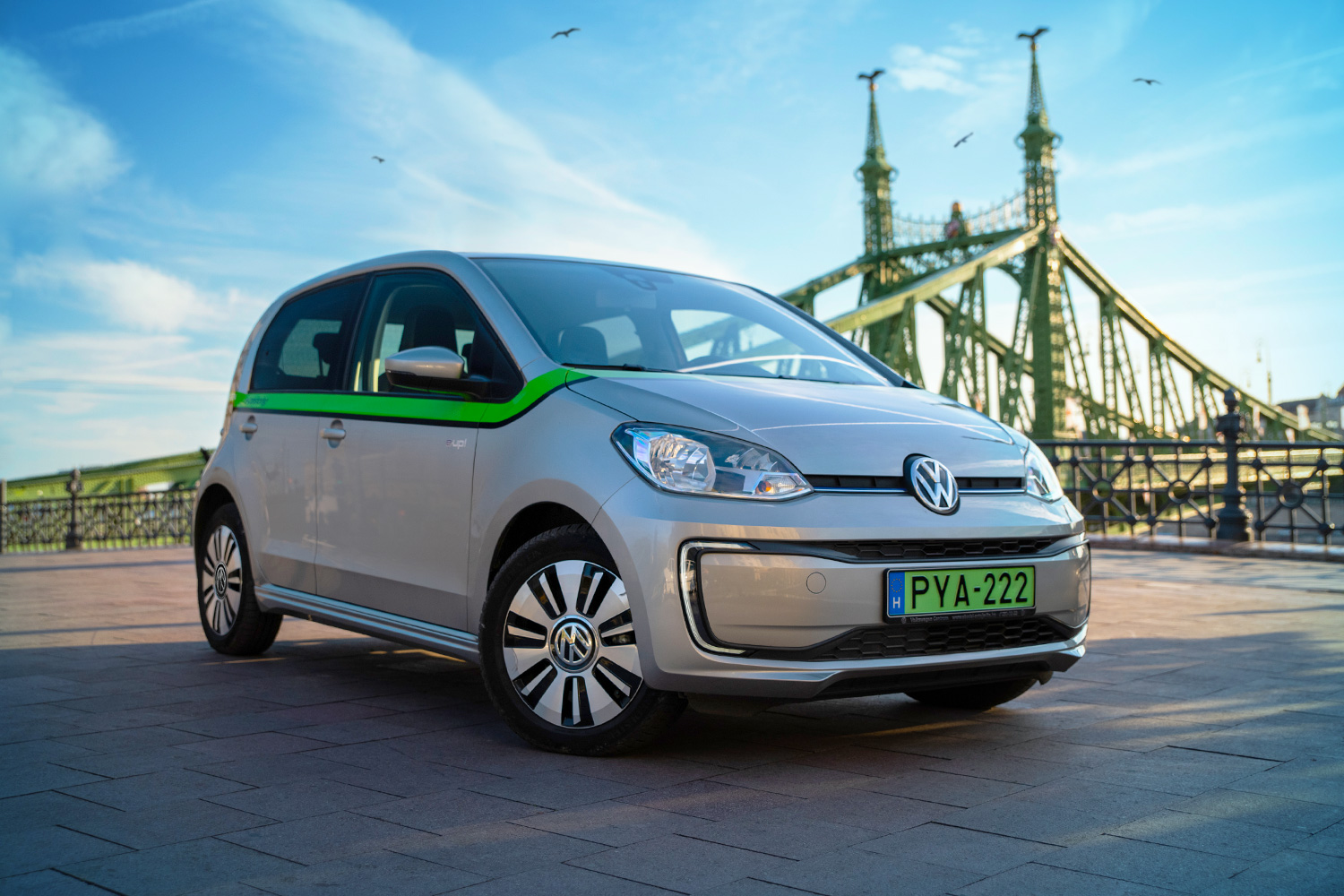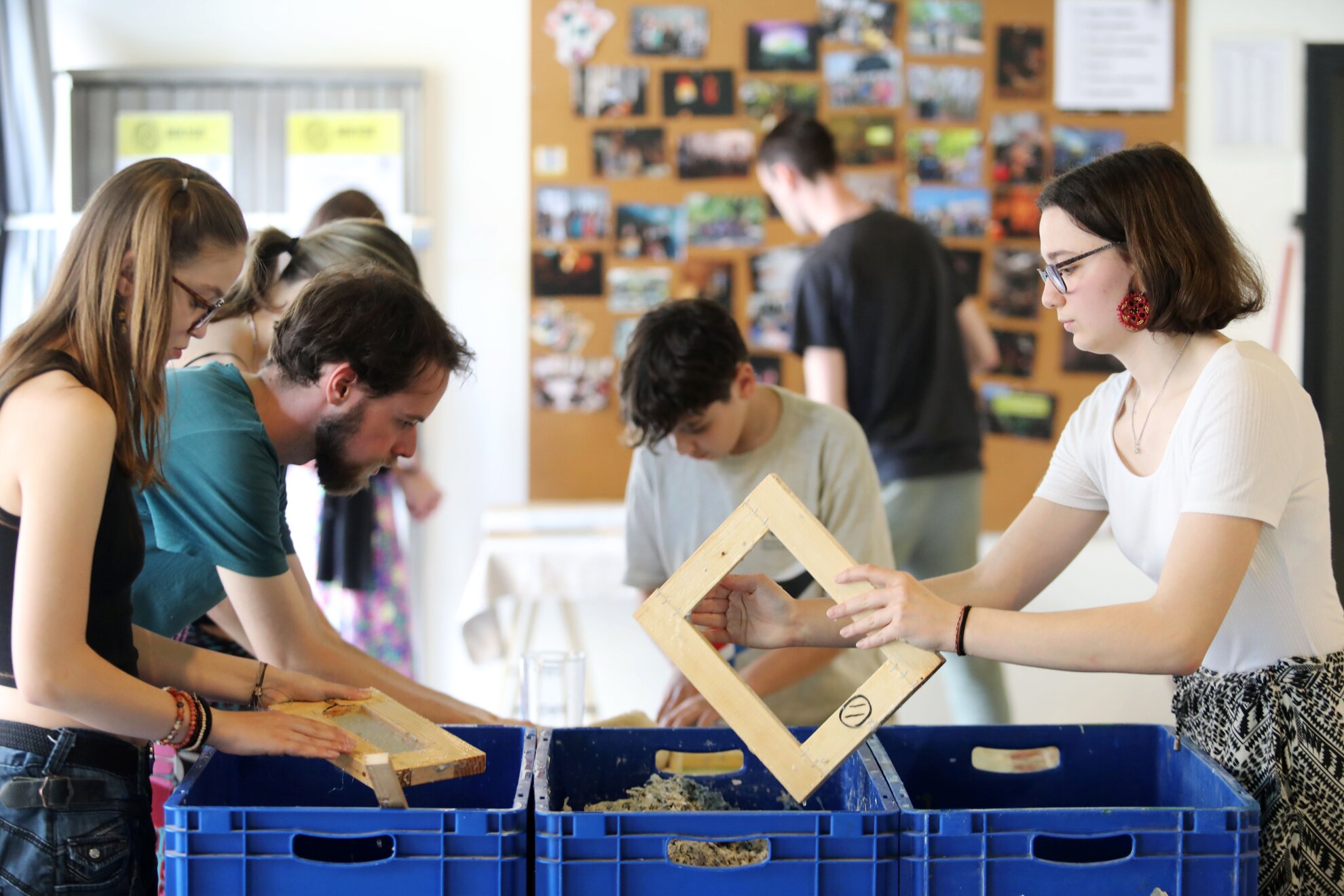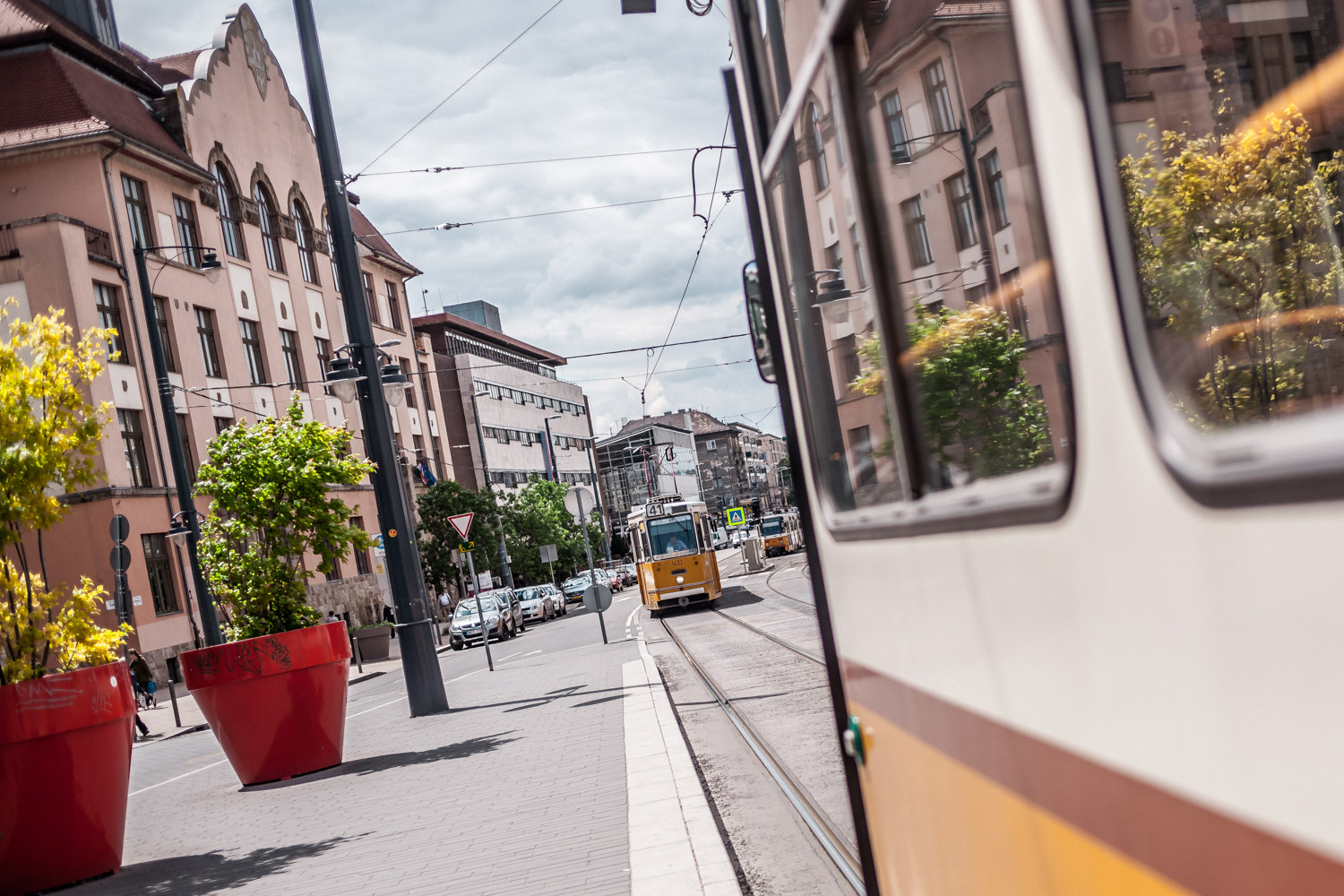From shopping at zero-waste shops to discovering the city by bike, there are numerous ways to keep your carbon footprint low in Budapest. The city is also among those urban destinations that take part in annual international movements such as Earth Hour and Earth Day, two increasingly important environmental initiatives raising awareness of global climate change and promoting a sustainable planet.
Budapest is also fighting climate change and has been introducing green measures to help balance the harmful environmental effects of urban activity. If you visit or live in the Hungarian capital, here’s how you can contribute to the city’s nature-friendly initiatives.
This is a refreshed version of a previous article written by Petra Berende in 2018.

